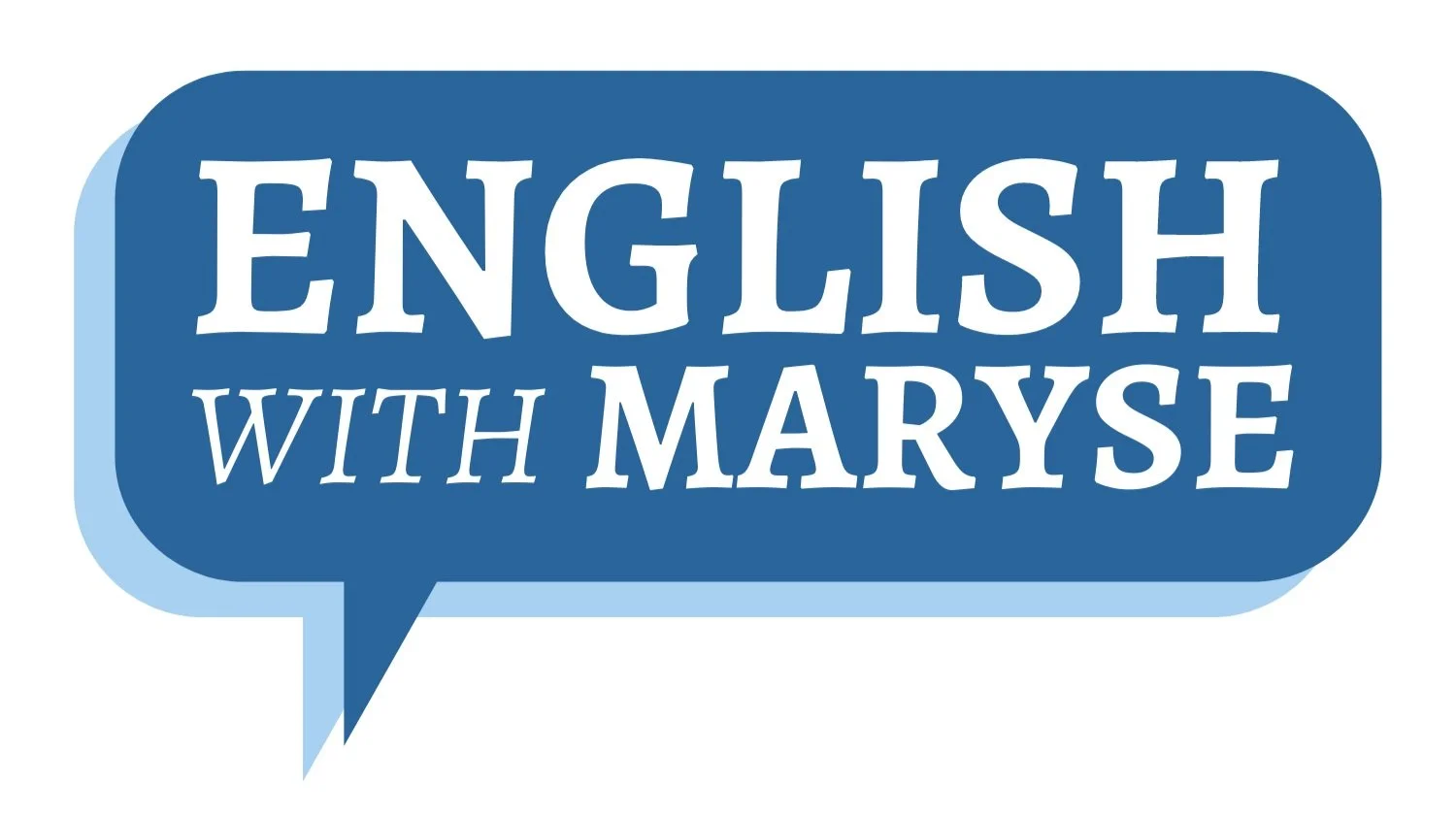5 Business English Email Mistakes You Might Be Making (And How to Fix Them)
Email is one of the most important skills in Business English. But even advanced learners sometimes make small mistakes that sound unprofessional, or even rude.
Here are 5 common Business English email mistakes and easy ways to fix them.
1. Being Too Direct (Sounds Rude)
Wrong: "Send me the report." Right: "Could you please send me the report when you have a moment?"
Why it matters: Directness can sound like a command in English. Polite phrases are more professional.
2. Overusing Apologies
Wrong: "Sorry to bother you again." Better: "Just following up on this—thank you for your time."
Why it matters: Confidence is key. You don’t need to apologize for doing your job.
3. Writing Long Paragraphs
Big blocks of text are hard to read. Use short paragraphs, bullet points, or line breaks.
Example: Instead of: "We discussed the marketing strategy and the timeline. We also decided to use a new tool. The next step is..."
Try:
Finalize marketing strategy
Start using [tool name]
Next step: confirm with design team
4. Using Casual or Confusing Sign-offs
Avoid: "Besties," or "See ya,"
Use: "Best regards," "Kind regards," or "Thanks again."
5. Not Ending with a Clear Action
End with what you want:
"Please let me know if this looks good to you."
"Would you be available for a quick call on Thursday?"
Business emails should be polite, clear, and professional. Review your next email using these 5 tips—and your confidence will grow.
If you’d like to learn English with Maryse, book a lesson here.

